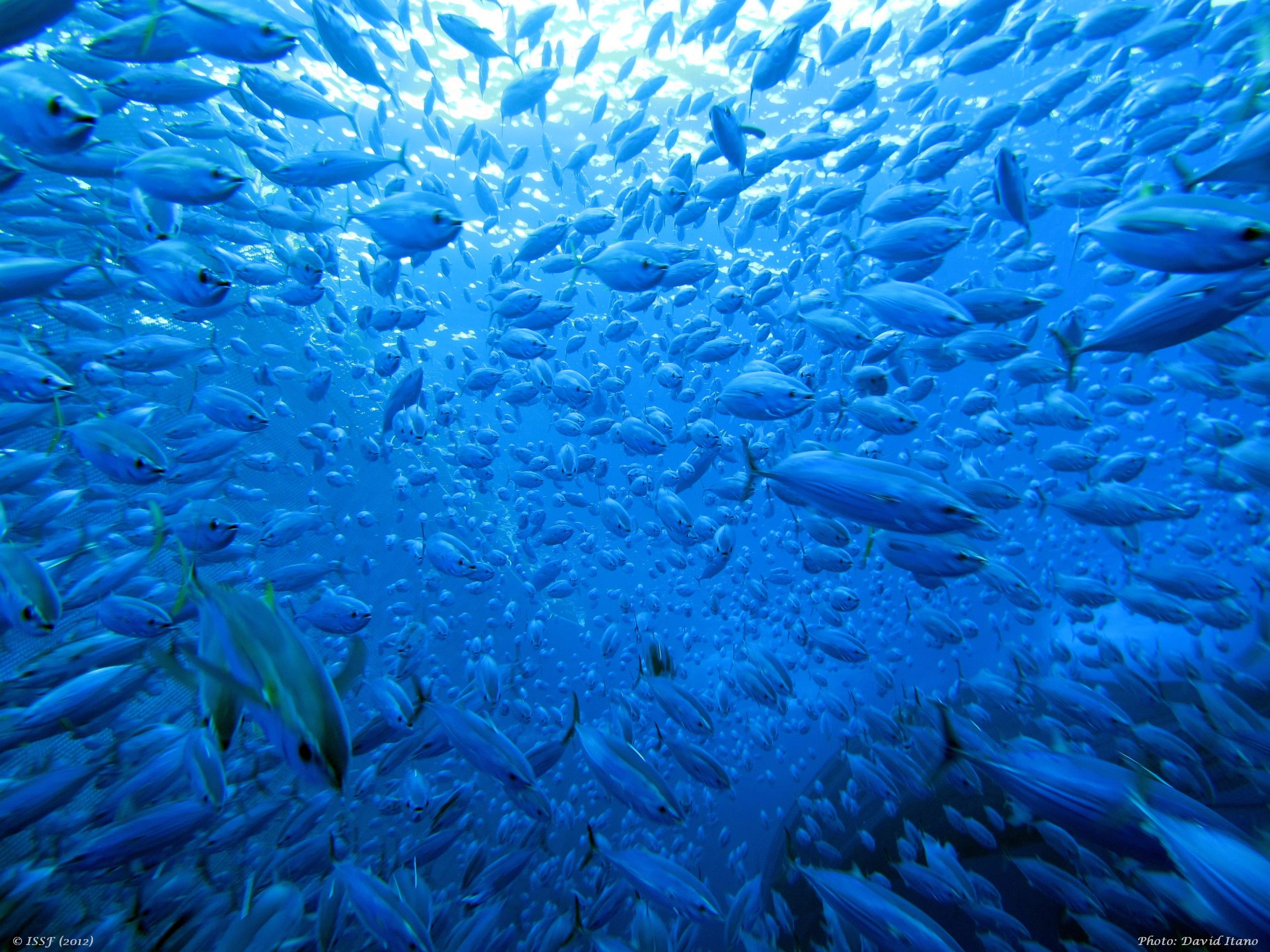17 mai 2024

There’s much to celebrate today in the Indian Ocean. The gavel just dropped on the annual Indian Ocean Tuna Commission (IOTC) meeting in Bangkok, and not one but two management procedures (MPs) were adopted! As we had hoped in the preview we posted last week, IOTC members came together to chart a course for the future of sustainable fisheries for two priority stocks: swordfish and skipjack tuna.
The adoption of the first-ever MP, also known as a harvest strategy, for swordfish, marks a historic milestone for international fisheries. Anchored in rigorous scientific groundwork, the MP will set the first total allowable catch (TAC) for swordfish in the Indian Ocean to ensure a sustainable and healthy swordfish population, safeguarding the continued productivity of the fishery. It is designed to provide a 60% probability that the swordfish stocks will achieve the target reference point (TRP), which is set at the adult biomass that will support maximum sustainable yield (SBMSY) between 2034-2038. The MP aims to maximize the average catch while balancing the stock’s continued stability and ensuring a high probability of avoiding the limit reference point (LRP) of 40% SBMSY. The first MP-based TAC will be implemented in 2026, following an agreement on an allocation arrangement no later than 2025.
Adopting an MP for a non-tuna species managed by one of the five tuna Regional Fisheries Management Organizations (RFMOs) is a significant milestone. It demonstrates the IOTC’s commitment to sustainable fishery management and underscores the importance of a proactive approach to managing already healthy fish stocks. Now, managers in the Atlantic and Pacific oceans should follow this development by adopting harvest strategies for the other swordfish populations around the world.
In tandem with a new harvest strategy for swordfish, the IOTC has also adopted a comprehensive, fully specified MP for skipjack tuna. The skipjack MP targets at least a 50% likelihood that skipjack stocks will be at or above 40% of the unfished level (SB0) by 2034-2038, which is roughly equivalent to a 90% chance of being above the biomass that would support MSY. The MP also commits to keeping the skipjack stock levels above the limit reference point of 20% of SB0 “at all times.” This will ensure that the stock is never overfished. Since the 2016 HCR was used to set the skipjack TAC for 2024-26, the MP will used to set the TAC starting in 2027.
Furthermore, IOTC has tasked the Scientific Committee (SC) with incorporating a multi-species framework into future revisions of the MP, including consideration of fishing impacts on the marine ecosystem (i.e., associated and non-target species – marine turtles, marine mammals, seabirds, sharks and other fish species), a move towards ecosystem-based fisheries management (EBFM).
An EBFM perspective recognizes the interconnectedness of marine species and the cumulative effects of fisheries on ecosystem health. By adopting this comprehensive approach, IOTC is advancing towards ensuring the sustainability of individual species like skipjack tuna and swordfish while holistically safeguarding marine biodiversity.
The work doesn’t end with swordfish and skipjack; albacore tuna is the next MP on the horizon for the Indian Ocean, scheduled for adoption in 2025, and the development of an MP for overfished yellowfin tuna needs to be reinvigorated. In addition, the crucial topic of allocation will also be a focus, ensuring equitable and sustainable distribution of tuna resources. The TACs based on the 2016 skipjack HCR have been exceeded by up to 30% every year since adoption, and that’s likely to continue under the new skipjack MP unless IOTC urgently resolves its longstanding allocation deadlock.
Although initial efforts to advance the development of an MP for blue sharks fell short, the IOTC Scientific Committee will have an opportunity to provide important input during their upcoming December deliberations.
As we close a pivotal week for international fisheries, the collaborative milestones achieved for swordfish and skipjack tuna exemplify a steadfast dedication to sustainable fisheries management using MPs and hold the promise of what’s to come.